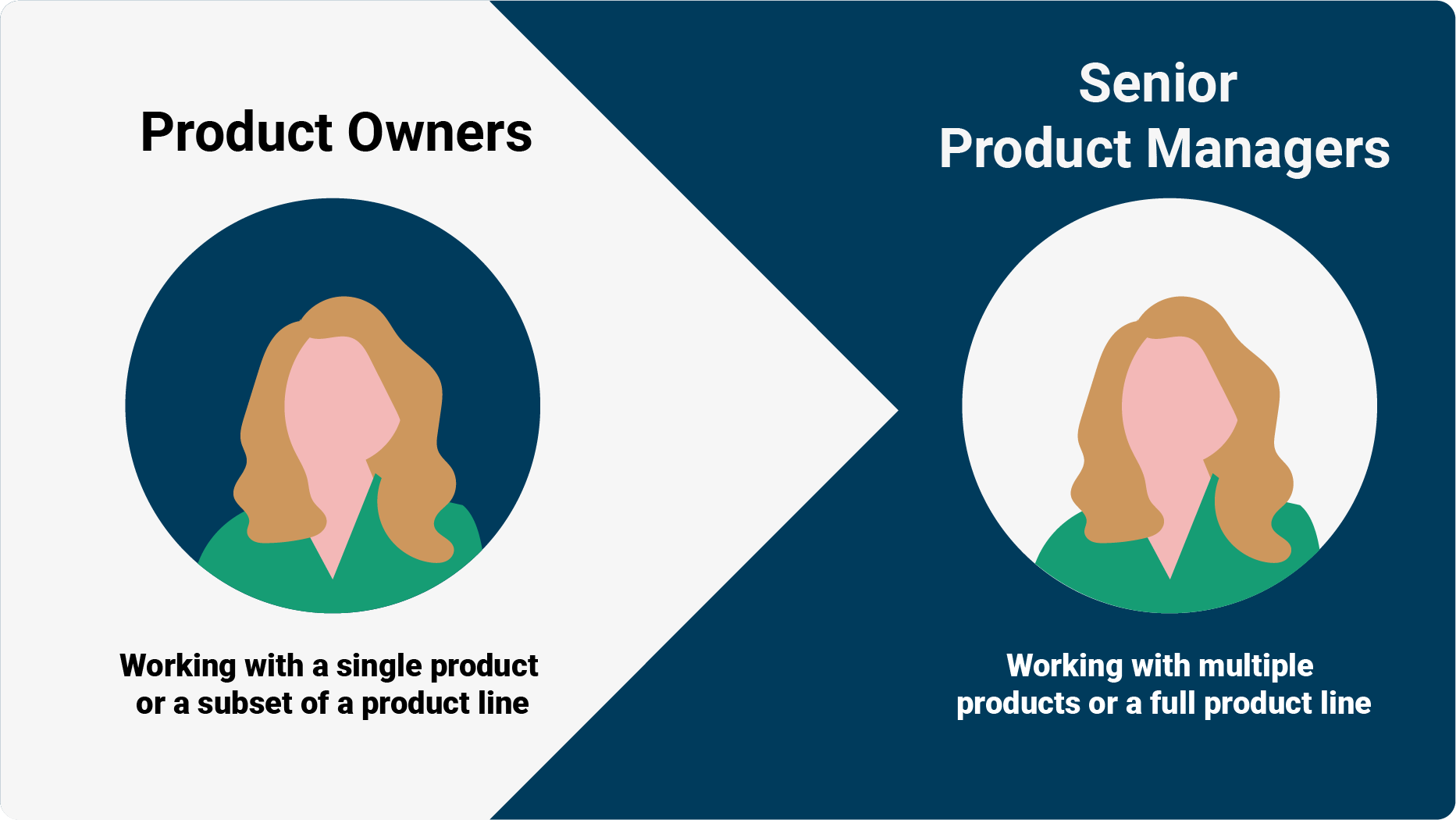Today’s fast-changing market requires organizations to be in tune with their customer's shifting needs. This requires organizations to stay grounded in customer-centricity and have a deep understanding of how their products serve their customers.
This has put “product” in the spotlight for many organizations. They are no longer focused on driving projects forward, but rather, on engaging customers and putting them at the center of the products they create.




